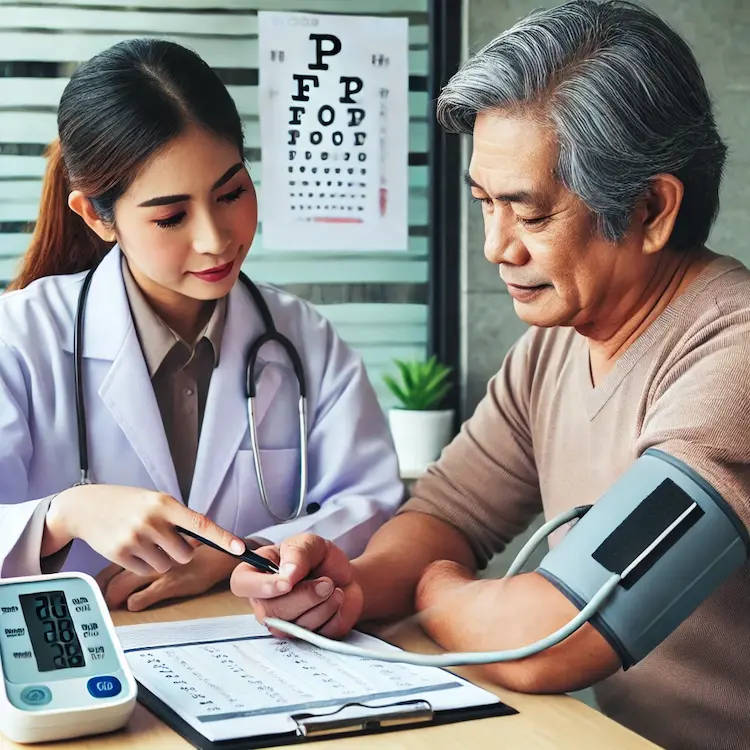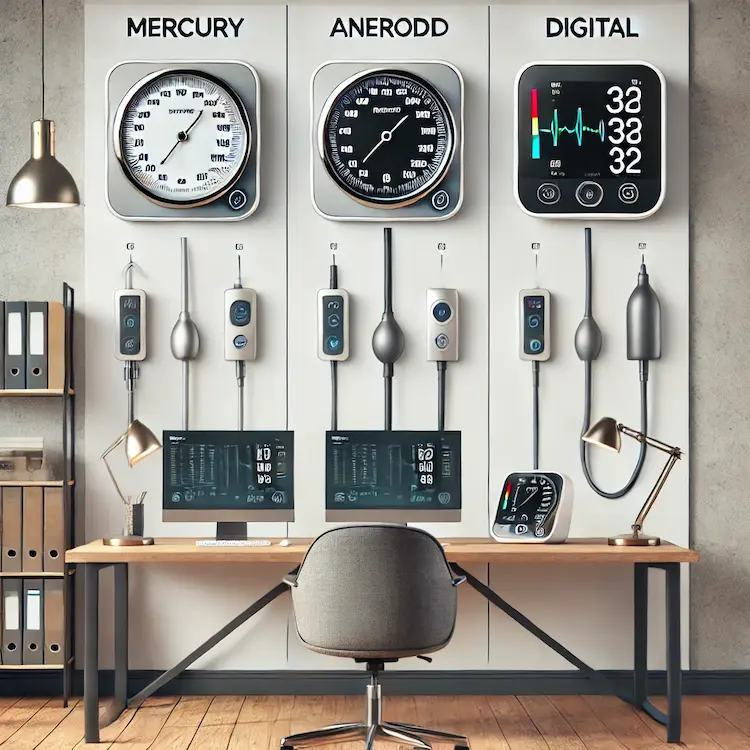High blood pressure (hypertension) is a prevalent health concern in the Philippines, affecting millions of individuals. Managing hypertension requires a combination of lifestyle changes and medications, but the effectiveness of treatment varies from person to person. This is where Sphyg And Medication (sphygmomanometers) play a crucial role. By tracking blood pressure at home, patients and healthcare providers can assess the effectiveness of medications and make necessary adjustments.
In this article, we’ll explore how Sphyg And Medication aid in treatment tracking, their importance in the Philippine healthcare system, and practical advice for effective monitoring. This article provides a detailed comparison of Sphyg And Medication, focusing on accuracy, ease of use, features, and long-term performance. By understanding their distinctions, consumers can make an informed choice for better health management.
Blood pressure fluctuates throughout the day due to factors like stress, physical activity, and diet. A one-time reading at a doctor’s office may not provide a full picture of a patient’s condition. This is why home monitoring is essential for those on medication.
There are different types of sphygmomanometers, each with varying accuracy and usability. The right choice depends on the patient’s condition and needs.
| Type of Monitor | Accuracy | Ease of Use | Best For |
|---|---|---|---|
| Mercury Sphygmomanometer | High | Requires skill | Clinical settings, research |
| Aneroid (Manual) Monitor | Moderate | Requires training | Experienced users, doctors |
| Digital (Oscillometric) Monitor | High | Easy to use | Home users, elderly, hypertensive patients |
Digital blood pressure monitors, such as those available on Sphyg.ph, are widely recommended for home use. They are easy to operate, provide quick readings, and often include features like irregular heartbeat detection and data storage.

For patients taking antihypertensive drugs, consistent blood pressure tracking is essential to determine whether the prescribed medication is working. Here’s how monitoring contributes to treatment effectiveness:
Some individuals respond better to specific drugs. By recording daily readings, doctors can determine which medication works best for a patient.
Some medications may cause low blood pressure (hypotension) or irregular heartbeats. Monitoring at home helps identify such issues early.
Physicians use blood pressure data to modify dosages or combine medications to achieve optimal control.
Hypertension remains a public health crisis in the Philippines. According to the Philippine Heart Association, nearly 37% of Filipino adults have high blood pressure, with many cases going undiagnosed or untreated.
To maximize the benefits of blood pressure monitoring, Filipinos should follow these best practices:

Aside from medication, other strategies help manage blood pressure effectively:
| Approach | Effectiveness | Recommended For |
|---|---|---|
| Medication | High | Patients with moderate to severe hypertension |
| Diet Modification | Moderate to High | All hypertensive individuals |
| Regular Exercise | High | Patients with lifestyle-induced hypertension |
| Stress Management | Moderate | Individuals with stress-related hypertension |
| Home Monitoring | High | All patients on medication |
While medication remains essential for many, a combined approach with lifestyle modifications offers the best long-term results.
Blood pressure monitors, particularly digital ones, are invaluable tools for tracking medication effectiveness. They empower patients to take charge of their health, prevent complications, and provide doctors with critical data for better treatment decisions. In the Philippines, where hypertension is widespread, proper monitoring can lead to better health outcomes, lower medical costs, and improved quality of life.